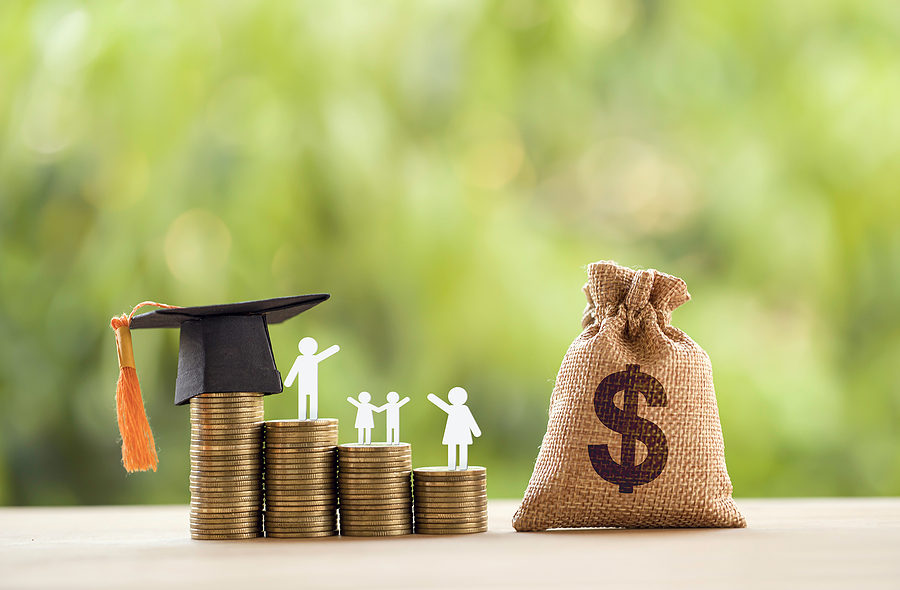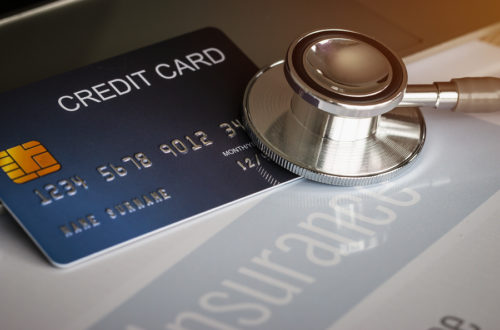Federal student loans often are not enough to cover the costs of attending a university. Many times, student borrowers need to seek additional sources of funding, including private student loans, to pay for the costs not covered by their federal student loans. Borrowers often operate under the misconception that, like federal student loans, these private loans are also not dischargeable in bankruptcy. In fact, many misconceptions exist surrounding private student loans and how they are handled in a consumer bankruptcy case.
One of the biggest of these misconceptions is that private student loans can be discharged in a bankruptcy case. While student loans are harder to discharge in bankruptcy, it is not impossible. With federal student loans, the bankruptcy filer must start a separate adversary proceeding where he or she needs to prove that paying these debts would present an undue hardship. However, private student loans are not always subject to this extra step in a bankruptcy case.
Several types of loans that are used to pay for education expenses are grouped in the same category as unsecured consumer debt and are dischargeable in a bankruptcy case.
The following types of private loans fall into this category:
- Loans where the amount taken out was higher than the cost of attendance, including tuition, books, and room and board, which occurs when a loan is paid directly to the borrower and not to the school,
- Loans taken out to pay for education at institutions that are not eligible for Title IV funding, including unaccredited colleges, schools in a foreign country, or unaccredited training and trade certificate programs,
- Loans taken out by borrowers to cover fees and living expenses incurred while studying for a professional exam, including the bar exam,
- Loans taken out to cover fees, moving costs, and living expenses incurred while completing medical or dental residence, and
- Loans taken out by a borrower attending school less than half-time.
If a borrower qualifies for one of these circumstances, the private loans taken out by him or her to fund these costs can be discharged in a consumer bankruptcy case. The institution where the borrower took out these loans may attempt to argue otherwise, which is why the borrower should contact a bankruptcy attorney to ensure that the debt is handled appropriately.
Please click here to read more.
For borrowers who are struggling with student loan debt, relief options are available. Many student loan borrowers are unaware that they have rights and repayment options available to them, such as postponement of loan payments, reduction of payments or even a complete discharge of the debt. There are ways to file for bankruptcy with student loan debt. It is important you contact an experienced Miami bankruptcy attorney who can advise you of all your options. As an experienced CPA as well as a proven bankruptcy lawyer, Timothy Kingcade knows how to help clients take full advantage of the bankruptcy laws to protect their assets and get successful results. Since 1996 Kingcade Garcia McMaken has been helping people from all walks of life build a better tomorrow. Our attorneys help thousands of people every year take advantage of their rights under bankruptcy protection to restart, rebuild and recover. The day you hire our firm, we will contact your creditors to stop the harassment. You can also find useful consumer information on the Kingcade Garcia McMaken website at www.miamibankruptcy.com.


